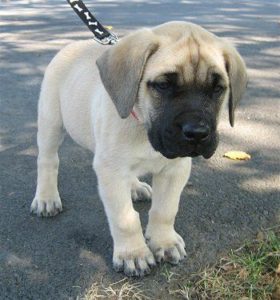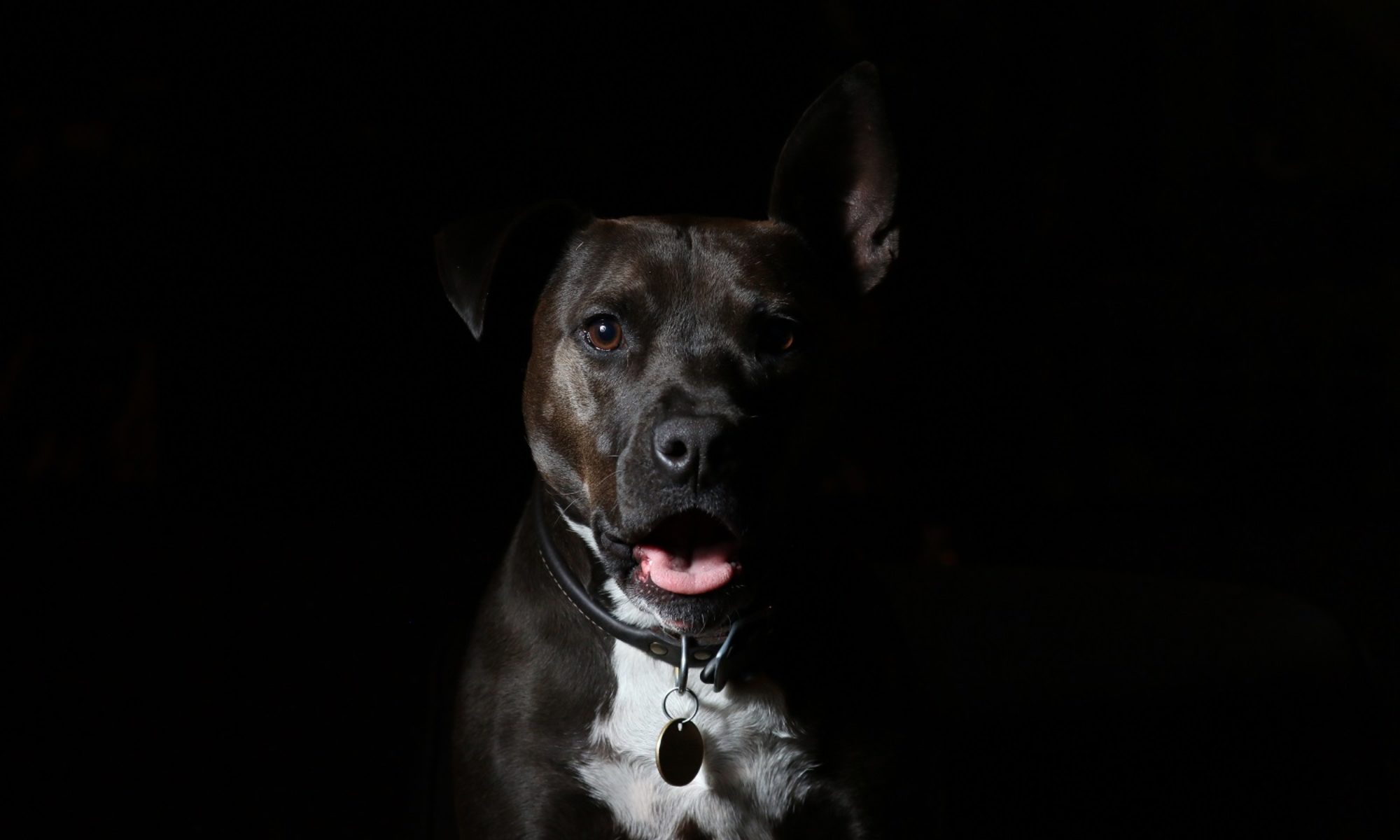
What is a puppy class?
A well-run puppy training class will be led by an experienced dog behaviourist or veterinarian who has received behavioural training. They usually take place at a dog training facility or local vet which has plenty of open space to work. While local classes will vary, most have an upper age of 16 to 20 weeks depending on the type of puppy. For example, toy breeds may be allowed to attend for longer, while puppies that have already grown adult teeth will probably be considered too old for puppy classes.
Most puppy training courses are held once a week for around four to eight weeks, though this will vary across local areas. Usually there will be a particular focus on two or three things during each class, such as ‘come’ or ‘wait’, and you will be expected to continue the training at home with your pup between classes. Classes often cover the basics including socialisation, tips for house training your puppy, basic obedience, and general communication between you and your dog.
What can my puppy learn from attending a puppy class?
Puppies can learn a lot from attending a well-run puppy class and the ultimate end-goal is to set a strong foundation for your dog’s training and behaviour in the future.
One of the most important skills a puppy can learn from these classes is bite inhibition. While it is normal behaviour for puppies to bite, this is not a behaviour that you want to be carried through into adulthood. As such, it is important for puppies to experiment with biting so that they can learn not to bite too hard and eventually not to bite at all.
Puppies attending puppy classes can also practice socialisation. This can help the pups learn how to socialise confidently and appropriately with other puppies, strangers, and veterinarians, an ability which is highly desirable in an adult dog. Socialisation is key if you want a dog that is able to communicate, read signals, and happily co-exist with other adult dogs and humans.

Puppy classes also offer the chance for puppies to practice ‘play’ behaviour. Play sessions are extremely important for puppies because they offer opportunities for the quick resolution of social problems, including fearful or aggressive behaviour. Having quick resolutions of these problems is important, because the more a puppy practices an unwanted behaviour without resolution, the more likely it is to become entrenched and carried through to adulthood. Dealing with entrenched behaviour late in life can lead to lengthy rehabilitation programmes.

In order to maximise learning from play, classes should include puppies of all sizes and play styles. Small dogs need to develop confidence and larger dogs should learn how to be gentle. Classes with only large dogs may encourage boisterous behaviour with the puppies learning to take these play styles with them into adolescents and adulthood. Similarly, if classes are limited to only small puppies, it is possible that these will become fearful of larger dogs, or not know how to approach them appropriately.
This short blog was based on a technical report submitted to “Think Dog Advanced – early learning in dogs”. The full technical report, with references, can be accessed by emailing the author at dannydecourtelle@rocketmail.com
